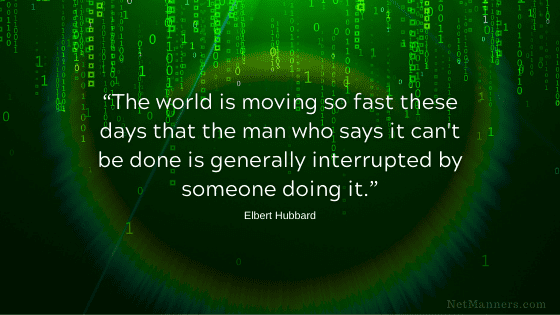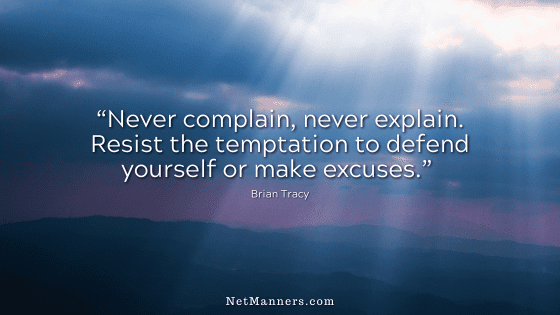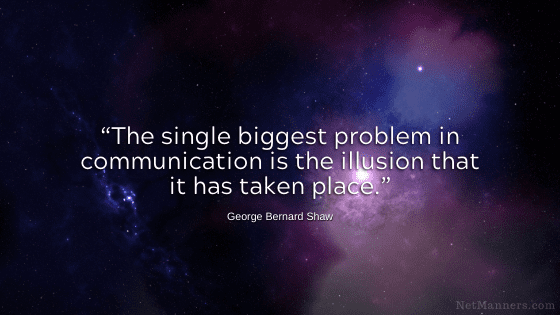Why was Netiquette invented?

Recently, a site visitor emailed asking why I felt the “need” to invent Netiquette (giving me too much credit). Who was I to tell anyone what to do?
I’m not “telling anyone what to do.” Instead, I am relaying suggestions on using technology properly while integrating a bit of courtesy along the way. I fail to see what is wrong with that.
Long-time readers know I get these types of emails regularly. From those who find no need for “using technology with knowledge, understanding, and courtesy.”
But that’s the world we live in. Who of you hasn’t seen someone on social media or in a group pipe in with commentary that you know they would not say if face-to-face? So, sadly, it’s pretty standard.
Intel Did it — in 1995
While I would love to take credit for such a wise idea, I am only one of many. Over the decades, many have added to, morphed, and updated the original concept of Netiquette.
Intel was the first to recognize the need for guidelines for this new technology in 1995, the year I opened my consulting business. And that’s what started me on this path.
Netiquette and email etiquette have been topics for which many have carried the torch. However, forerunners recognized that technology was becoming an essential part of our lives. For that reason, they realized how a set of guidelines just made sense.
Network Etiquette = Netiquette
In October 1995, an Intel employee took the initiative to put together an RFC document. RFC stands for Request For Comment. It is, more or less, a living document that others can contribute to and help create. The RFC on Netiquette, RFC1855, is still online for your review.
It begins with…
After paging down, you’ll see 28 available resources that contributed to this document at the time. So, in essence, the online community invented Netiquette at that time. Not one person is trying to tell you what to do.
Guidelines are Malleable
Netiquette, just as with any guideline, is a guide. So no, you won’t land in the pokey if you don’t embrace Netiquette and Email Etiquette principles. But if you do, you’ll have a more productive and enjoyable experience online.
The only thing that will suffer if you minimize these issues will be your success and how you are perceived. Not making any effort to integrate Netiquette into your day-to-day email activities will say more about you than you may know.
So please don’t ask why anyone would invent Netiquette or why it is crucial. Instead, the better question is to ask yourself if you are open to embracing technology to leave the best impression possible.






